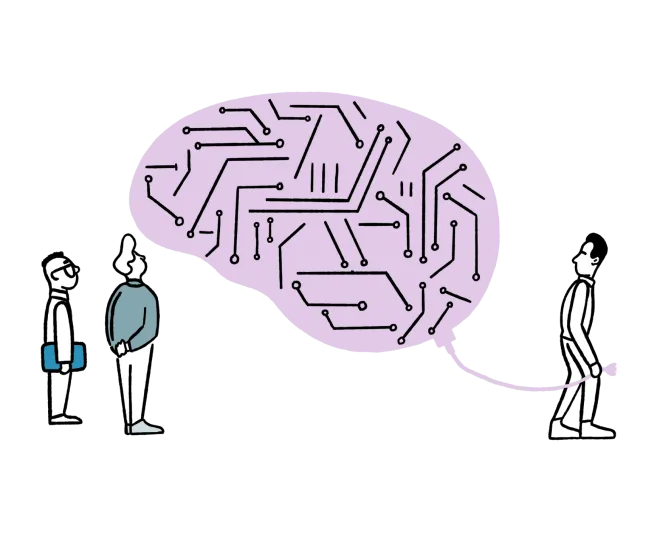Data literacy – Interpreting data through data mining
TH Köln
at any time
Record of Achievement
16 hours
Data competences are a key qualification in the digital age. Being able to understand, critically question, and use data meaningfully prepares people for social, professional, and technological challenges.
Data literacy - the confident use of data - is now a key part of general education and essential for responsibly using and shaping data-driven technologies such as artificial intelligence.
On the AI Campus, you’ll find answers to four central questions: What do I want to do with data? What can I do with data? What am I allowed to do with data? And what should I do with data?
